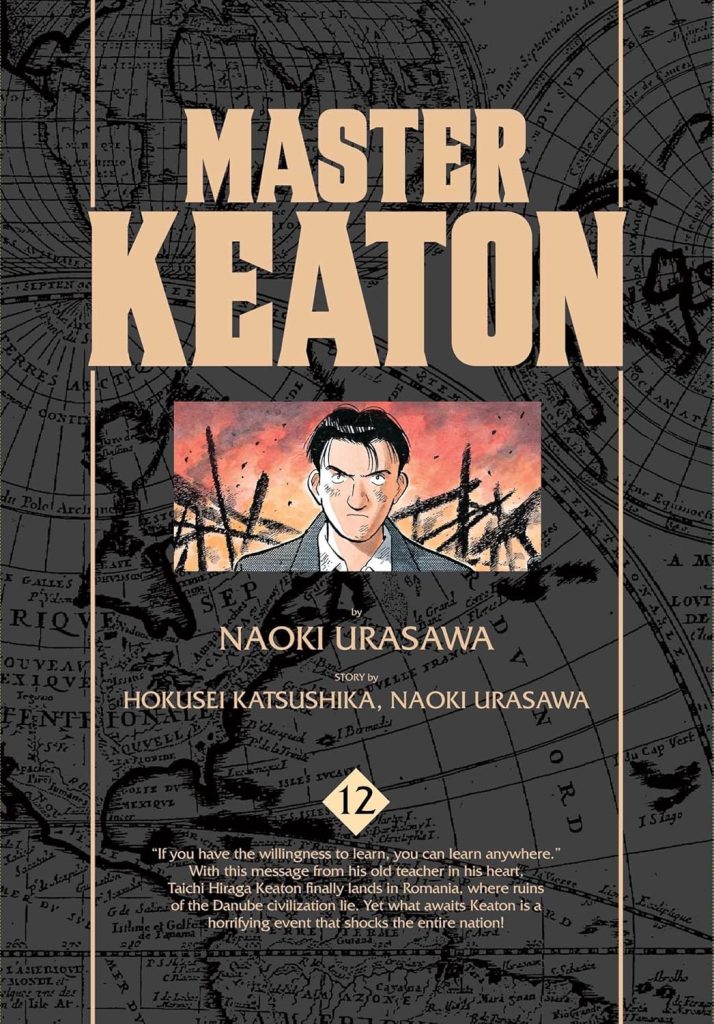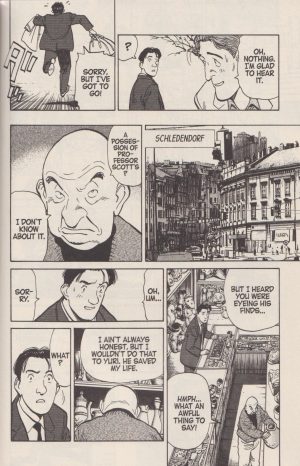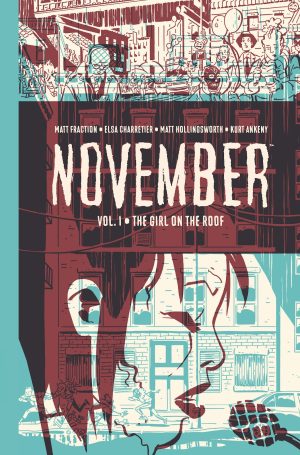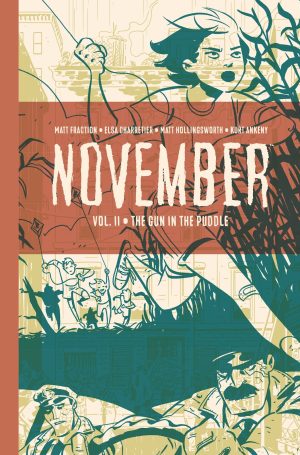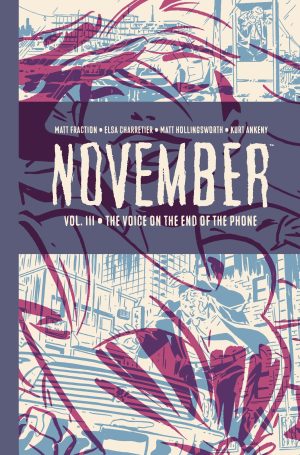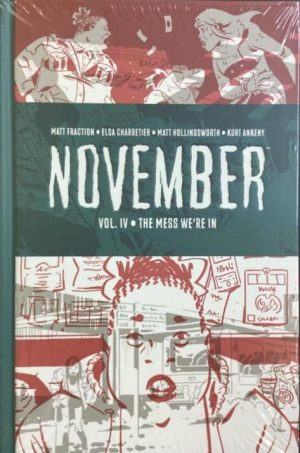Review by Frank Plowright
For this final selection of Master Keaton co-writers Hokusei Katsushika and Naoki Urasawa depart very slightly from their usual process of one and two-chapter stories by having a thread of continuity running through all twelve.
The opener is a definite departure. While Taichi Keaton himself features in all stories throughout the series other than those devoted to his father, he always has a purpose, generally investigation. His background has been dropped via flashbacks and encounters with those he’s known in the past, but until ‘The Scholar’s Day’ there’s never been a story centred on Keaton’s personal ambitions. He’s never followed through on his archaeology degree, although it’s proved useful during investigations, but he’s now completed a thesis and feels he needs university tenure for funding to instigate his own excavations. It’s coupled with a subplot of corruption, but this is Keaton’s story.
His motivation over the remainder is to somehow acquire funding to follow up on his university mentor’s theories about Europe’s first civilisation being in Romania. When an opportunity arises to carry out an investigation in the country, Keaton’s on the first flight.
Variety over a dozen stories is given for Master Keaton, but knowing the series is ending Katsushika and Urasawa supply a dazzling run through of their broad repertoire. There’s straight investigation, comedy, emotional heartbreak and action. There’s also a sense of tying up loose ends. Characters who’ve been used occasionally in earlier volumes are seen again with what can be taken as satisfying closure. This includes Keaton’s daughter, star of the only chapter in which he’s a bit player. It also seems to be the case for an investigator with whom Keaton has had his differences, but Charlie Chapman and violent former police detective Hudson still have roles.
The resulting story continues over eight chapters so signposts where Urasawa would head next with 20th Century Boys. At heart it’s a detective thriller with the resourceful Keaton attempting to outwit assorted foes, but it’s also a constant source of new revelations and situations, and never departs from the humane worldview espoused throughout the series. Leading to a desperate finale with added tension for knowing it’s Keaton’s last volume, Katsushika and Urasawa cleverly make use of all Keaton’s skills, both qualifications and personality.
Urasawa’s later work, almost all solo, has tended to overshadow the collaborations of Master Keaton, which is plain wrong. Basing stories around then contemporary events and discoveries means the series can now read as period drama, but the superb art, astounding variety and rich character-based mysteries and drama ensure it remains memorable.
